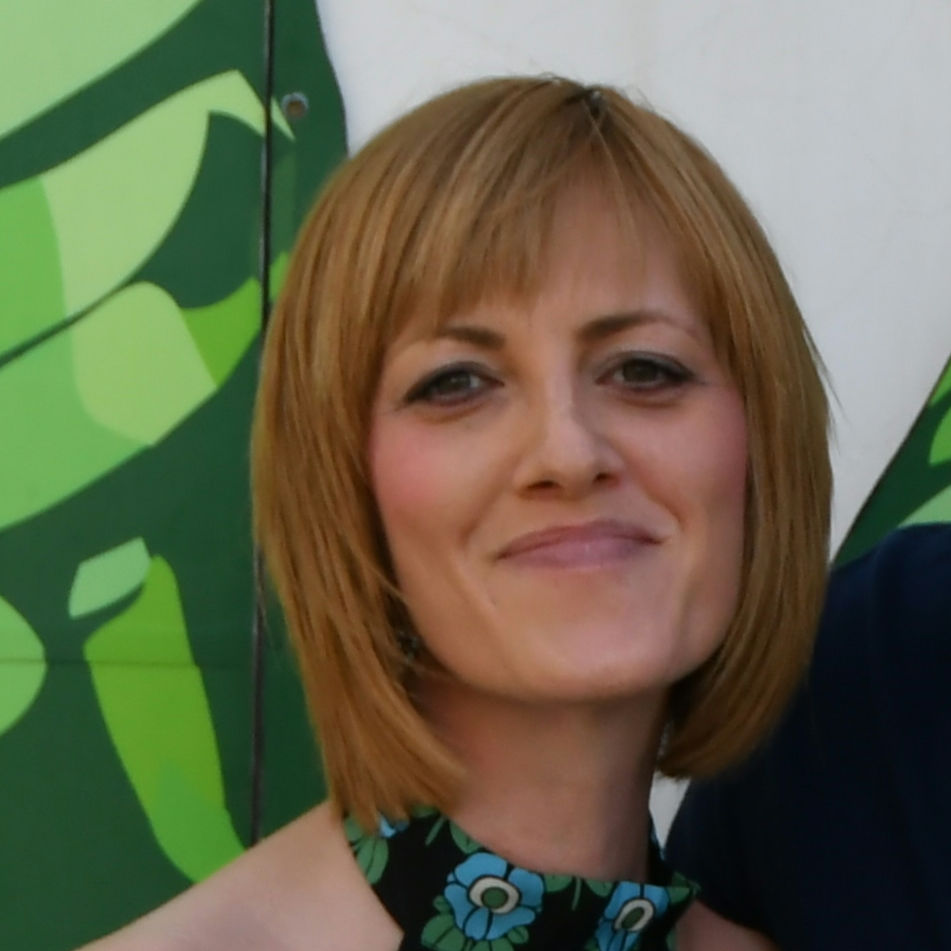Now is the time to focus on Year 12
- Claire Green

- May 23, 2021
- 6 min read
Updated: Jun 6, 2021
With Year 13 assessments and the oh-so-tiring TAG process coming to an end for sixth form teachers, we must turn our attention to Year 12 to ensure that the foundations for a successful Year 13 are in place.
Arguably, this particular Year 12 cohort require more input than ever at this point, given their disrupted experience of Years 11 and 12. This is the first Year 12 group to arrive in the sixth form without any experience of public examinations. More than this though, they arrived having not attended school for five months, since the first period of remote learning began in March 2020. They had missed out on the chance to mark the milestone that is completing 11-16 education – no prom, no leavers’ assembly in the hall, no shirt-signing on the field. Some of them were pleased that Centre Assessed Grades had been awarded, feeling that they had done better than they would have done had exams gone ahead. Others, though, felt robbed of the opportunity to show what they could achieve, having worked diligently on revision throughout Year 11. Many of them have been through extremely challenging situations throughout the pandemic, coping with anxiety, family illness or even bereavement.
It appeared that this year group were eager to return to school in September, enjoying the routine and bustle of school life perhaps more than previous cohorts and appreciating the social aspect of face-to-face provision having not had it for so long, even with the restrictions in place due to Covid-19. This commitment to study has continued throughout the academic year, with fantastic attendance figures, even during the period of remote learning January to March 2021. Anecdotally, my experience of this year group seems to be mirrored in other schools both locally and further afield. There is a real sense that this year group want to make the most of their time in the sixth form – many of them have taken other opportunities for development with impressive levels of interest in volunteering, charity fundraising and student leadership opportunities.
In previous blog posts I have complimented this group of students for demonstrating the #RoleModels ethos I promote and I have suggested ways we could manage and approach their return to school following the lockdown earlier in the year. In this post, I would like to suggest some strategies I think we should employ with Year 12 to allow their first year of sixth form to end on a high, thus setting up a successful and smooth transition into Year 13 study.
1. Communicate pride in their achievements to date and reassurance for the future
I am a big believer in the power of positivity and the impact our approach and words can have on young people. Year 12 students need to know that they have done an amazing job so far, showing incredible resilience, commitment, and compassion. We should take every opportunity to communicate this message and celebrate their successes – whether they be in the classroom or beyond. This can be done in many ways – in every email or letter sent, in assemblies, in lessons, in the displays around school, in the all-important corridor chats. If students are surrounded by this messaging, it has more chance of being absorbed.
We should also reassure them that, regardless of any changes that Ofqual or the DfE might make, or any further periods of disruption between now and next summer, they will achieve. Not only this, but reassure them that they will progress. This term is the time when talk about post-18 ramps up and many students find this stressful, more so than ever arguably with so much uncertainty around the pandemic. We have a responsibility to assure our students that they will be supported through this process every step of the way.
One of the ways we plan to do this at my school is through increased contact with staff. All year 12 students have a form tutor and morning tutor time will continue throughout the final term, with sessions largely focusing on post-18 advice and the initial stages of the UCAS process. In addition, students will be allocated their Year 13 mentor who will be supporting them throughout the rest of their time in the sixth form. Mentors begin meeting with Year 12 students in the final term so that relationships can be established and areas of interest for post-18 can be identified. ‘Doubling up’ in this way should mean that all students receive consistent guidance around the process of post-18 application but also get one-to-one support, where any barriers to success can also be identified and steps can be put in place for them to be addressed.
2. Help them to build effective study and revision skills
Without GCSE exams going ahead, our Year 12 students may not have been assessed in exam venues since Year 7 in some schools when baseline assessments were conducted. Even if schools run assessments in exam venues in Years 7-11, it is a long time since this year group have had ‘proper’ experience of an examination series. We have decided to ensure our end of year assessments are conducted in examination venues, with an appropriate number of papers per subject; not so many as to cause unnecessary stress, but enough that students experience more than one exam per subject and therefore a ‘series’ in the way they will be expected to next year.
We have also booked an outside speaker to deliver a motivational session for all students, covering study skills, wellbeing and exam preparation. Our students will be doing this workshop on the final day of this half term, so the strategies suggested can be implemented immediately over the half term holiday as students prepare for their final assessments of the year. Lessons are also focusing on assessment preparation and examination skills, so that students can see how the skills learned are applicable in their chosen subjects.
3. Provide opportunities for development
Alongside inevitable assessment for Year 12 in the summer term, it is important that students are given opportunities beyond the curriculum. This will, of course, help to bolster any post-18 applications, but also provides the opportunity to show students that we value them as people in their own right.
This might be in providing opportunities for student leadership, whether it’s setting up societies for the next academic year or planning ways to support younger students with their reading or extra-curricular clubs (please see this post for further ideas). New student leadership teams will likely have been appointed in most schools, so they have time to allocate specific roles and establish their plans for the coming academic year. We are also putting in a week of work experience in early July. With so much disruption due to Covid and the reduced number of in-person placements, we thought one week was appropriate and will still allow students to gain valuable workplace skills. This week will also allow us time to ensure their final assessments are marked and to conduct Year 11 into 12 induction in their absence, meaning that staff can then re-focus on them for the final couple of weeks upon their return.
4. Celebrate the success of Year 13
The final approach to supporting Year 12 in their summer term is an indirect one. I believe it’s really important that our current Year 12 students witness the successes of their Year 13 peers. Year 12 students should know about leavers’ events and they should be inspired by them. When it comes to results day in August, we will celebrate our Year 13 students’ achievements and share their success in reaching their chosen post-18 destinations. This of course, should be done for the Year 13 students – they are their successes and they should be congratulated for their incredible achievements in what has been the most challenging sixth form experience for generations (see this post for more on this). Celebrating this success, though, has the wonderful bonus of inspiring Year 12 students in the process. There is something very powerful about seeing the success of students you have mixed with – in this case ‘shared a bubble’ with – go on to achieve, especially despite the disruption this year.

We owe it to Year 12 this summer term to focus more sharply on them; there really is so much to be gained.



Comments